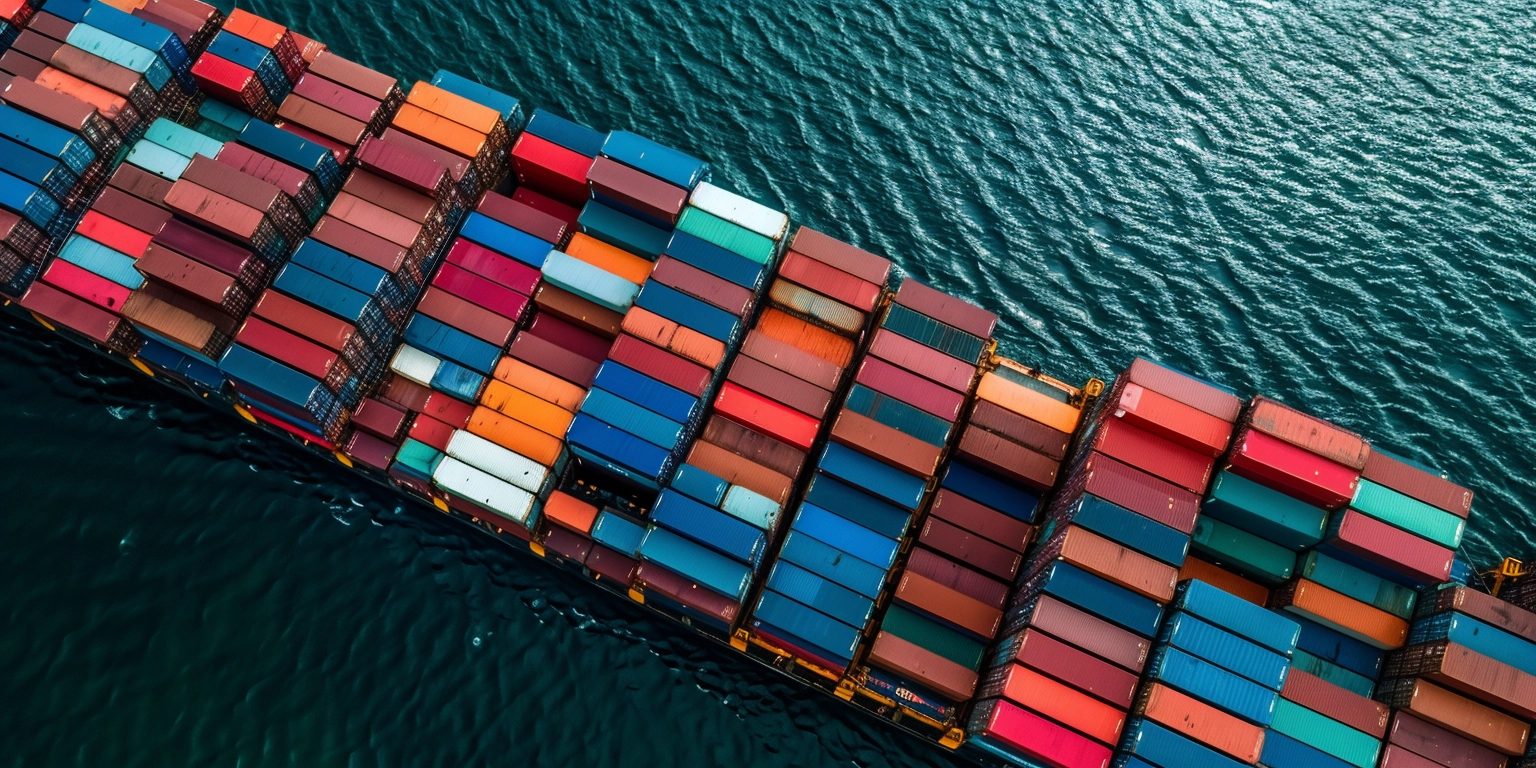On January 31, 2024, the United States Attorney’s Office of the Western District of Washington announced that Yakima Products, Inc. agreed to pay $3 million to settle allegations that the company violated the False Claims Act (FCA). Specifically, a former employee brought forth this case under the qui tam provision of the FCA alleging that Yakima had consciously failed to pay the government duties for a ten-year period.
Yakima Products, Inc. is an automobile accessory manufacturer based in Lake Oswego, Oregon. The company imported materials from China. However, they allegedly failed to pay the United States government anti-dumping and countervailing duties on these imported materials, despite being informed of the necessity to do so. This settlement states that the company allegedly engaged in this behavior from 2012 through 2021.
The former Yakima employee who reported that the company knowingly failed to pay appropriate duties, known as the whistleblower in this case, is set to receive approximately $510,000 or 17% of the aforementioned settlement. The settlement also stipulates that the company will pay for the relator’s $75,000 in legal fees.
U.S. Attorney Tessa M. Gorman noted that “Yakima Products Inc. has successfully manufactured and sold automobile accessories for years, but failed to take action when it was informed that it was not paying appropriate duties on material imported from China. Knowingly avoiding those costs gives Yakima an unfair advantage over other manufacturers who pay those required fees. Now the company is not only paying those costs but also penalties as well as the attorney fees of the relator who reported the improper conduct.”
The Director of Field Operations for the U.S. Customs and Border Protection, Christopher Perry, went on to emphasize the importance of this settlement, stating, “This settlement agreement with Yakima marks a significant milestone in our relentless pursuit of fair-trade practices. I commend the dedication and hard work of CBP’s trade specialists, along with our invaluable federal partners, in upholding the integrity of our nation’s trade policies. Together, we remain steadfast in ensuring a level playing field for American businesses and ensuring everyone plays by the rules.”
How is the False Claims Act related to Upholding Fair Trade Practices?
While the False Claims Act primarily addresses fraudulent activities involving government programs and funds, fair trade practices focus on promoting honesty and fairness in commercial transactions more broadly. However, both concepts share the underlying goal of promoting integrity and ethical conduct in business dealings, albeit often within different contexts. Further, in instances like this, when companies avoid paying the government for costs associated with the importation of goods, th
ey not only are ignoring rules in place to ensure fair trade practices but also violating the False Claims Act.
Why are companies required to pay anti-dumping and countervailing duties when importing certain goods?
Anti-dumping and countervailing duties are imposed by governments to protect domestic industries from unfair trade practices and to ensure a level playing field in international trade. Here’s why companies may be required to pay these duties when importing certain goods:
- Anti-dumping Duties: These duties are imposed when a foreign company sells goods in the importing country at a price lower than what it charges in its home market. This practice, known as dumping, can harm domestic producers by undercutting their prices and creating an unfair competitive advantage. Anti-dumping duties are intended to offset the effects of dumping and protect domestic industries from injury.
- Countervailing Duties: These duties are imposed in response to subsidies provided by foreign governments to their domestic producers. Subsidies can artificially lower the cost of production for foreign goods, making them cheaper than domestic goods and potentially harming domestic industries. Countervailing duties are imposed to neutralize the effect of these subsidies and ensure fair competition.
Companies importing goods subject to anti-dumping or countervailing duties may be required to pay these duties to the customs authorities of the importing country. The amount of duties imposed is typically based on investigations conducted by the importing country’s government to determine the extent of dumping or subsidies and the injury caused to domestic industries.Overall, anti-dumping and countervailing duties serve to protect domestic industries, promote fair trade practices, and maintain a balanced international trading environment.


